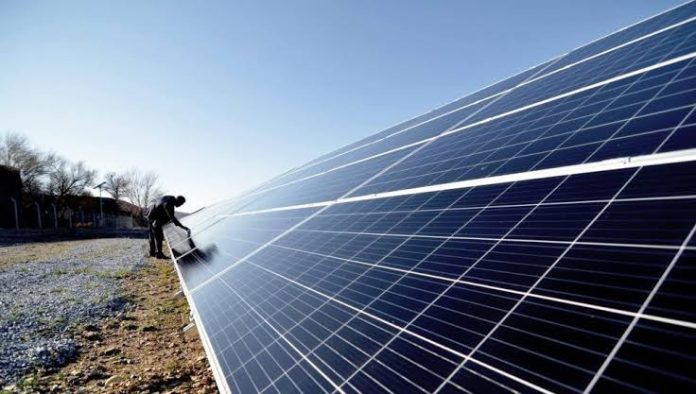The government has reduced the solar net-metering rate from Rs. 27 per unit to Rs. 10 per unit to ease the financial pressure on electricity consumers who rely on the national grid.
The Economic Coordination Committee (ECC) approved changes to the net-metering rules due to the rapid increase in solar users, which has raised costs for those using regular electricity.
By December 2024, the number of solar users had grown to 283,000, putting extra financial strain on the electricity system. Many people switched to solar energy to reduce their electricity bills, but this also meant that fewer people were paying for grid electricity, leading to losses for power companies.
However, the new reduced rate will not affect existing solar consumers who already have valid agreements. Their current rates will stay the same until their contracts expire.
The government believes this decision will balance the interests of all consumers and ensure that both solar and non-solar users share the costs fairly. The move is also aimed at keeping the energy sector stable and sustainable in the long run.
This decision has sparked mixed reactions. Many solar users feel that the lower rates will discourage people from switching to solar energy, slowing down the shift towards renewable energy. On the other hand, grid users see this as a fair step to prevent them from bearing higher electricity costs due to the growing number of solar customers.
While the changes are meant to maintain fairness, experts suggest that better policies and incentives are needed to support solar energy while ensuring that grid electricity remains affordable for everyone.


